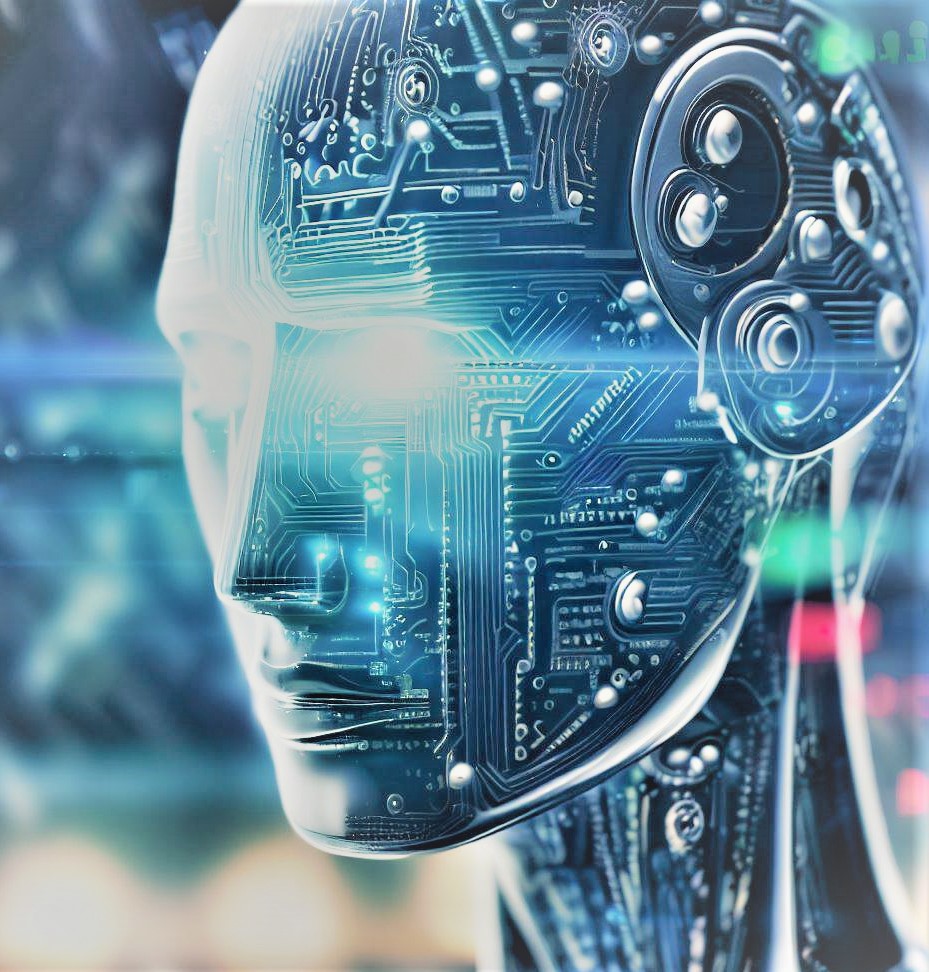What Are the 7 Stages of Artificial Intelligence?
Introduction
Artificial Intelligence (AI) has come a long way from its early beginnings, and today it plays a crucial role in transforming various industries. As AI evolves, it progresses through distinct stages, each representing a significant advancement in its capabilities. This article will explore the seven steps of AI, from primary reactive machines to hypothetical AI capabilities beyond human comprehension.
Stage 1: Reactive Machines
The first stage of AI development comprises reactive machines with no memory or learning capabilities. These AI systems can only respond to specific inputs and cannot retain past experiences. They are limited to predefined rules and need help understanding the broader context.
Stage 2: Limited Memory
AI systems in this stage have short-term memory capabilities, allowing them to learn from historical data and past experiences. While they can make decisions based on accumulated knowledge, their memory still needs to be improved, and they cannot form a complete understanding of complex scenarios.
Stage 3: Theory of Mind
Advancements in AI technologies lead to the emergence of systems capable of understanding human emotions, intentions, and beliefs. This stage involves significant progress in natural language processing and AI’s ability to perceive and interpret human communication more accurately.
Stage 4: Self-Awareness
AI systems at this stage gain self-awareness and consciousness. They can recognize their own existence and possess a level of understanding about their internal states and emotions. Self-aware AI raises ethical considerations as it prompts questions about the rights and responsibilities of conscious machines.
Stage 5: Artificial General Intelligence (AGI)
AGI represents a significant milestone in AI development. At this stage, AI possesses human-like cognitive abilities and can perform any intellectual task that a human can. AGI demonstrates reasoning, creativity, and problem-solving skills, making it highly versatile.
Stage 6: Artificial Superintelligence
Artificial Superintelligence surpasses human intelligence in all aspects. It can outperform the brightest minds across various domains and accelerate scientific and technological advancements. While the potential of Superintelligence is immense, it also raises concerns about control and ethical implications.
Stage 7: Transcendence
The final stage is purely hypothetical and goes beyond current understanding. Transcendent AI would have capabilities beyond human comprehension if it were to exist. This stage raises existential questions about the relationship between AI and humanity.
Future Outlook and Implications
As AI continues evolving, society faces promising opportunities and potential risks. Responsible development and ethical frameworks are crucial to guide AI’s progression and ensure it benefits humanity without compromising fundamental values.
Conclusion
The journey of artificial intelligence through its various stages has been remarkable. AI’s development has reshaped industries and human interactions from reactive machines to potential transcendence. Understanding the stages of AI can help us prepare for the future and make informed decisions about its ethical implementation and governance.
FAQs
Is AI currently at the AGI stage?
No, current AI technology is not at the AGI stage. While AI has made significant strides, it still needs the full range of human-like cognitive abilities.
Can AGI possess emotions and consciousness?
As of now, AI systems do not have genuine emotions and consciousness. While they may simulate emotions, they lack actual subjective experiences.
What risks are associated with artificial Superintelligence?
The dangers of artificial Superintelligence include its potential to act beyond human control, leading to unintended consequences and ethical dilemmas.
Are we close to achieving self-aware AI?
While progress has been made in understanding human emotions and behavior, achieving accurate self-awareness in AI remains a challenging and evolving area of research.
How can society prepare for the future of AI?
Organizations can prepare for the future of AI by investing in research, developing ethical guidelines, and fostering interdisciplinary discussions about AI’s impact on various aspects of life.









Comment on “What Are the 7 Stages of Artificial Intelligence?”